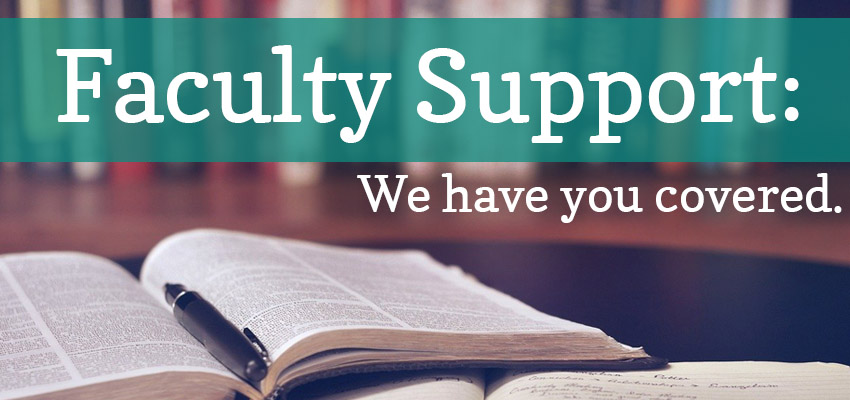Faculty Support: ProQuest IGI Global Business, Computer Science, & Education eBooks
All Libraries, Digital Support, Research Engagement Posted: June 15th, 2020
For 30 years, IGI Global has been promoting innovative, peer-reviewed research in nearly every academic discipline. More recently, 109 eBook titles on Business and Management, Computer Science and Information, and Education have become available on the ProQuest eBook Central platform. These eBooks from IGI Global books are DRM-free and available for unlimited downloads. Samples of eBooks include
Multilevel Approach to Competitiveness in the Global Tourism Industry. Sergio Teixeira and Joao Ferreira, editors. [2020]
Technological Innovations for Sustainability and Business Growth. Geetika Jain, Shahriar Akter, Alka Munjal and Harpal S. Grewal, editors. [2020]
Artificial Intelligence and Machine Learning Applications in Civil, Mechanical, and Industrial Engineering. Gebrail Bekdas, Sinan Melih Nigdeli, and Melda Yucel, editors. [2019]
Redefining Post-Traditional Learning: Emerging Research and Opportunities. Lorie Cook-Benjamin and Jared Cook. [2020]
Quality Management Implementation in Higher Education: Practices, Models, and Case Studies. Michael Sony, Kochu Therisa Karingada, and Neeta Baporikar, editors. [2020]
Search the library catalog for additional IGI eBooks. For the lists of many UCF Libraries’ eBook providers, including access and download information, go to https://guides.ucf.edu/ebooks.

